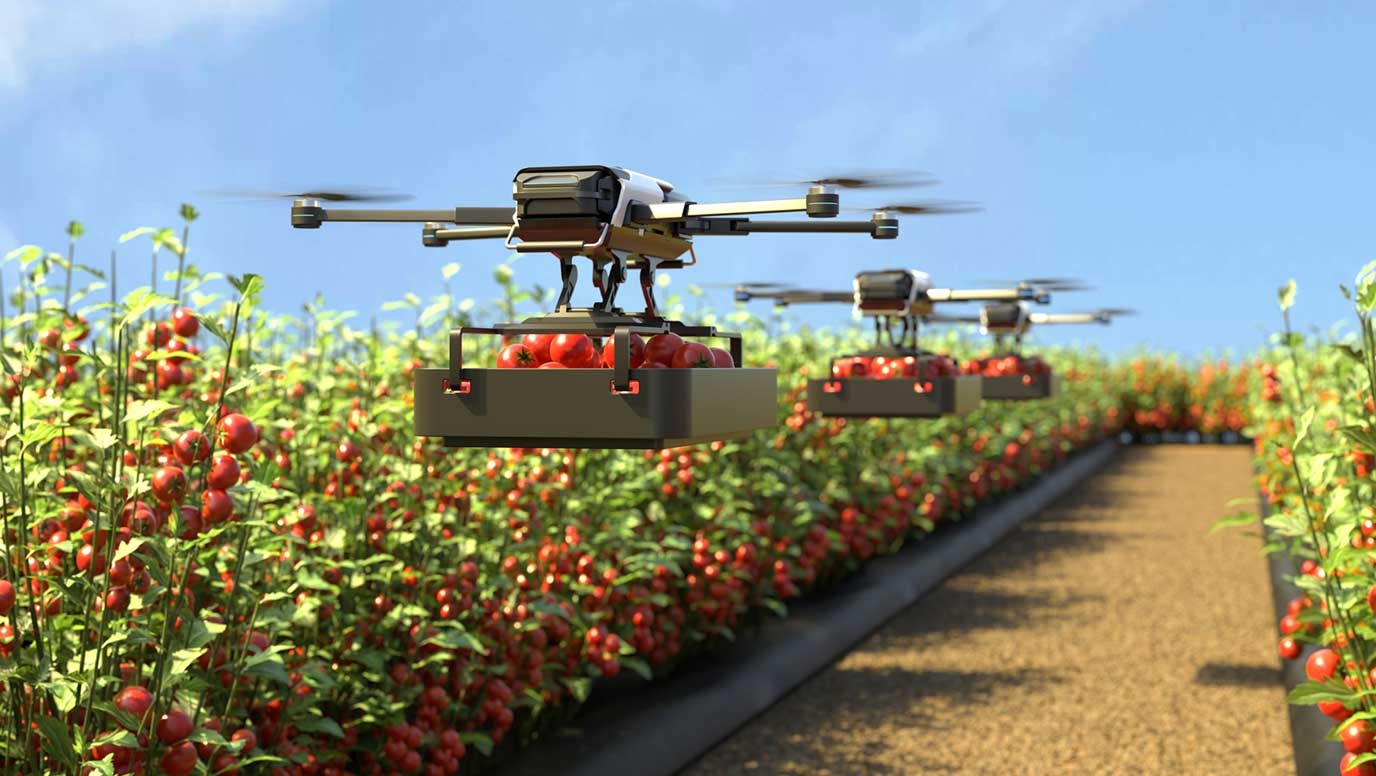Farm smarter, not harder – who owns the data generated from smart farming?

The global population is expected to rise to 9 billion by 2050 and it is becoming increasingly necessary for the agricultural industry to also work, or farm, “smarter” to meet the predicted 70 per cent increase in food production required to feed this population growth.
However, the transformation required now comes with unprecedented hurdles such as climate change, limited availability of fresh water and arable farming land, and reduced labour due to fewer people entering the farming industry.
Smart farming has grown in popularity as a response to these growing demands and hurdles. Considered the future of farming, it utilises information and data technologies to optimise agricultural practices; examples include the use of sensors, drones and automated machinery.
These technologies produce data and metrics which give farmers access to consistent information on all stages of crop production and status of livestock. It also enables farmers to apply such data to evaluate agricultural practices and make future decisions to preserve resources, minimise environmental impact and improve efficiency in a sustainable manner.
Data is therefore at the core of smart farming. Where data plays such a fundamental role, the following important question arises: who owns and controls the data generated by smart farming practices?
Traditionally, data created on farmland is deemed the property of the landowner. So, it is intuitive to assume that the data a farmer generates on their land through the use of smart farming technologies would also belong to the farmer. In reality, however, the involvement of agri-tech providers complicates the question of data ownership.
Such companies are likely to argue that their innovative technology and infrastructure enables the collection, processing and curation of the agricultural data and, as a result, they should own the data.
English law does not prescribe who should own smart farming data. Consequently, data ownership and control are issues that have to be negotiated and dealt with through contracts between the farmer and the agri-tech provider.
As smart farming practices thrive on collaboration between the farmer and the agri-tech provider, it is crucial to establish a data sharing framework at the outset that deals with, amongst other key points, what data will be collected, how it will be collected, where it will be stored and with whom it will be shared. It is important that these points are then reflected in the agreement between the farmer and the agri-tech provider.
At this point, another question to consider is: why is this necessary? Firstly, under the Department for Environment, Food & Rural Affairs’ (Defra) Farming Innovation Programme, the UK Government is looking to invest £600 million in innovation and productivity in the agricultural industry. A key way in which this is being implemented is through the take-up of pioneering practices on farms. Clearly setting out data ownership and control can foster innovation.
Where farmers retain ownership and control, even if it is only over the raw data, it acts as an incentive to adopt smart farming technologies.
Secondly, data ownership directly impacts monetisation opportunities. In the agreement between the farmer and the agri-tech provider, the provider may include provisions allowing it to aggregate and anonymise the data generated by the smart farming technology for onward sale to third parties.
In this situation, the farmer may want to harvest the proverbial fruits of its labour and seek to be financially compensated for the data sold.
Alternatively, the farmer may conclude that they value the privacy of their agricultural practices over opportunities to monetise, and therefore does not wish for the data to be shared with third parties without its consent.
Finally, who owns and controls the data also plays into who is responsible and accountable for the legal use of the data. If any personal data is shared between the farmer and the agri-tech provider, it will be essential to establish who the controller(s) or processor(s) of such personal data will be and what obligations the respective parties will have under the UK GDPR.
Furthermore, the nature of smart farming technologies makes it vulnerable to cyber threats. Data breaches could have significant consequences, including disruptions to agricultural operations, potential economic loss and threats to food security.
To mitigate these risks, agri-tech providers should put in place robust cybersecurity protocols, while farmers should be educated on data protection best practices.
It is important to strike the balance between protecting the farmer’s interests and the interests of the agri-tech provider, especially when, often, the farmer lacks the negotiating power or resources to advance their own interests.
Whilst the agricultural industry continues to transform and adopt the “work smart” concept, it is critical for the key stakeholders implementing smart farming practices to also contract smarter to protect the valuable data generated.


